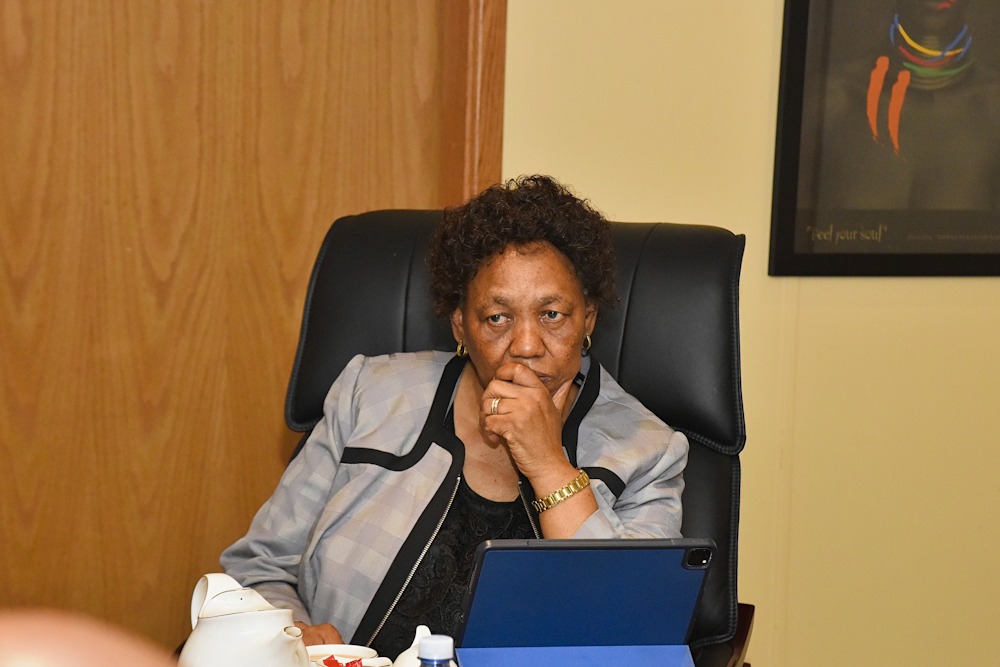By Johnathan Paoli
The recent deaths of nine SA National Defence Force soldiers in the Democratic Republic of Congo has sparked increasing criticism of the preparedness of South African troops and the justification of the country’s involvement.
Joint Standing Committee on Defence co-chair Malusi Gigaba said the committee would schedule an urgent briefing with Defence Minister Angie Motshekga and other top officials on the incident, the status of the mission and resources.
“While the committee acknowledges the gallant resistance by our forces, the loss of nine members of the SANDF is serious and requires investigation to prevent recurrence,” Gigaba said in a statement on Sunday.
“Some of the issues that must be looked into include the combat preparedness, defence intelligence capabilities and specifically the availability of combat support equipment, including air support and ammunition.”
He stressed concerns from the previous Parliament’s defence committee regarding serviceability and readiness for deployment.
Gigaba assured the families of the soldiers that the committee would use its interaction with the department to get answers.
The Economic Freedom Fighters reaffirmed its long-standing view that SA troops deployed in the DRC were under-resourced and ill-prepared to face the dangers posed by the well-equipped M23 rebels.
EFF spokesperson Leigh-Ann Mathys criticised the government for ignoring concerns on the readiness of the soldiers and the justification for the presence of South African troops in the region.
“These deployments appear to serve the interests of multinational corporations exploiting the DRC’s mineral wealth, rather than prioritising peace or South Africa’s sovereignty,” Mathys said on Sunday.
The party called for the deployment to be withdrawn with immediate effect and for an emergency joint sitting of Parliament to hold both President Cyril Ramaphosa and Motshekga accountable.
The Democratic Alliance echoed the EFF’s calls for a joint sitting of both houses, with spokesperson Chris Hattingh saying a report to MPs would help determine how best to withdraw the troops from the DRC and engage with regional and international partners to seek a solution.
“The SANDF crisis in the DRC is as a result of a political decision by the Commander in Chief, Ramaphosa, costing lives, our international reputation and critical government resources,” Hattingh said.
Meanwhile, the SA Federation of Trade Unions described the deaths as a stark reminder of the devastating consequences of South Africa’s ill-conceived foreign military interventions.
General secretary Zwelinzima Vavi lambasted the government’s decision to intercede, which had dire consequences for the war-torn country.
“While we grieve for our soldiers, we cannot ignore the immeasurable price paid by the ordinary people of the DRC, whose lives have been devastated by decades of instability, violence and exploitation,” Vavi said in a statement.
He criticised the SANDF for joining a complex conflict fuelled by tribalism and foreign capital interests, and advocated for a return to the principles of peace and diplomacy embodied in the African Union.
Vavi said SA’s involvement in the region was further compounded by the lack of an exit strategy for its military deployments.
“This absence of a defined exit strategy creates a dangerous cycle of open-ended military engagements, leaving South Africa entangled in foreign conflicts indefinitely and further exposing our soldiers to danger without clear objectives or timelines,” he said.
The federation called for an immediate return to peace-building diplomacy, an end to militarisation without strategy, and accountability for the SA government’s protection of mining interests and multinational corporations profiting from the DRC’s natural resources.
It additionally called for SA to work to de-escalate tensions between regional actors such as Rwanda and Uganda, and advocated for African unity in resolving this crisis.
SA has been supporting the Congolese army in its conflict with M23 rebel fighters for years, with the latest being part of the 16-member Southern African Development Community mission launched in December 2023.
The SANDF confirmed that the nine members were killed on Thursday and Friday. Seven of them were from the SADC mission and two from the United Nations Organisation Stabilisation Mission.
The deaths came amid a week-long visit by Motshekga to the DRC. She was there to assess the operational conditions and welfare of the soldiers, and strengthen bilateral relations between SA and the DRC in line with an agreement on defence cooperation.
INSIDE POLITICS

